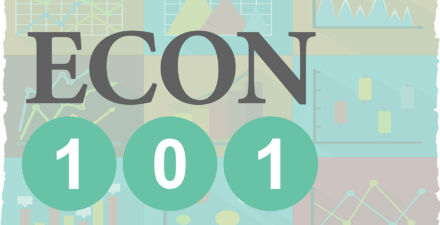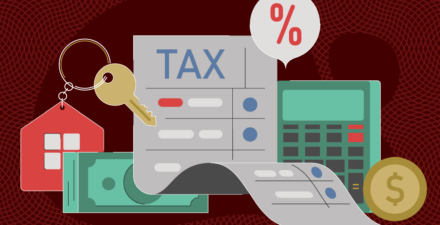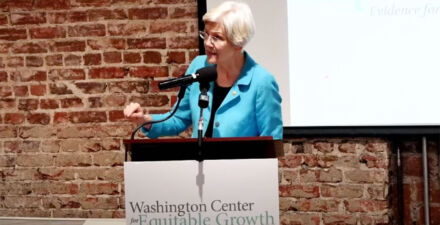Taxes support U.S. living standards by providing the revenues necessary to pay for public investment in children, families, and infrastructure; for social insurance and safety net programs; for national defense; and for many other public programs that support the quality of life. They also influence the level and distribution of income, consumption, wealth, and broader measures of economic wellbeing. Equitable Growth aims to foster a robust discussion of the impact of changes in tax policy on inequality and growth and the wellbeing of families across the income distribution.
Featured work
How the Infrastructure Investment and Jobs Act of 2021 is promoting sustainable U.S. economic growth and mitigating climate change
November 18, 2022
November 18, 2022
Fighting tax evasion by the wealthy can raise revenue and restore the integrity of the U.S. tax system
December 20, 2022
December 20, 2022
What are the distributional effects of monetary policy?
November 17, 2022
November 17, 2022
A missed opportunity to expand the Child Tax Credit will affect U.S. families and the broader economy now and for years to come
December 21, 2022
December 21, 2022
Consumers initially spend less than a third of their stimulus checks, on average, amid recessions
September 12, 2022
September 12, 2022
The distribution of wealth in the United States and implications for a net worth tax
March 21, 2019
March 21, 2019
Explore Content in Taxes, Inequality & Growth304
Request for proposals: Research grants for early career scholars
October 30, 2024
October 30, 2024
Equitable Growth virtual event details how tax policies affect U.S. economic growth and could combat income and wealth inequality
October 23, 2024
October 23, 2024
Allowing the 2017 estate tax changes to expire will reduce U.S. inequality and promote economic growth and opportunity
October 9, 2024
October 9, 2024
Equitable Growth’s ‘Econ 101’ offered congressional staffers a rundown of the contours of U.S. tax policy
October 2, 2024
October 2, 2024
The unequal impact of the Federal Reserve’s monetary tightening and easing on firms in the United States
September 16, 2024
September 16, 2024
Asymmetric Effects of Monetary Policy on Firms
September 16, 2024
September 16, 2024
The upcoming U.S. election’s most important policy effects are under the radar
September 3, 2024
September 3, 2024
The Distributional Consequences of Private Equity
August 27, 2024
August 27, 2024
Bonus Question: How Does Flexible Incentive Pay Affect Wage Rigidity?
July 17, 2024
July 17, 2024
Equitable Growth hosts event featuring Sen. Elizabeth Warren on pro-growth tax reform in 2025
June 20, 2024
June 20, 2024
Explore the Equitable Growth network of experts around the country and get answers to today's most pressing questions!


















